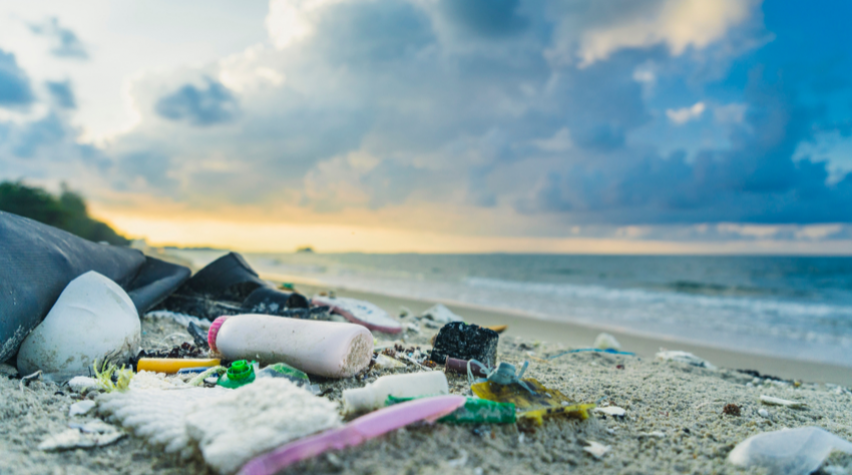
The news periodically brings reports of great islands—sometimes even described as continents—of trash created as plastics and other debris accumulate in the open seas. Responding to the need for plastics that will not contribute to the problem, researchers at Tel Aviv University have devised a method for creating a polymer from marine microorganisms that completely recycles into organic waste. What’s more, the process itself has a very low environmental impact.
Little impact on water supply
The new polymer, polyhydroxyalkanoate (PHA), stands apart from other bioplastics because it is made of microorganisms that feed on seaweed. So unlike other bioplastics, it does not require fertile soil and water required to raise crops, thus keeping its environmental impact very low.
In countries where fresh water is already a scarce resource, this low-water plastic can help make the switch from petroleum-based plastics to a biodegradable plastic much more approachable. Countries where fresh water is readily available can still benefit from the new bioplastic by devoting fertile soil to the production of food crops, not bioplastics.
Plastics for specific applications
Having devised the process behind this new type of bioplastic, the researchers are now looking for ideal pairings of bacteria and algae to create bioplastics with a variety of properties for different applications.
You can learn more about this research in this open-source article in Bioresource Technology.


